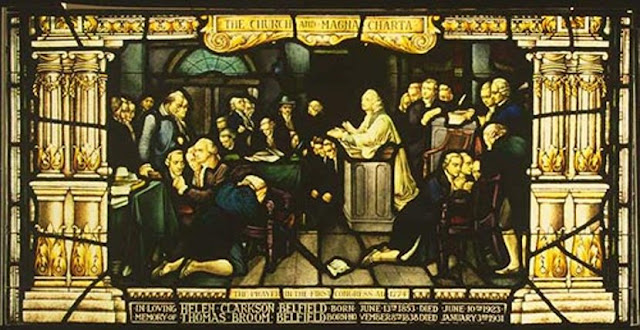What “Separation of Church and State” Is Really About
By John Stonestreet and Glenn Sunshine - Posted at Breakpoint:
In response to the recent Dobbs decision and the Supreme Court’s clear, consistent support for religious liberty throughout this term, many progressives are warning of an imminent “Christian theocracy.” Among the loudest voices predicting our collective doom are mainstream media outlets. For example, a recent story in Reuters claimed, “U.S. Supreme Court Takes Aim at Separation of Church and State.”What’s missing in virtually all of these pieces is a proper understanding of the “establishment clause.” The establishment clause is derived from the opening lines of the First Amendment which states, “Congress shall make no law respecting an establishment of religion, or prohibiting the free exercise thereof …” There are two ways this statement is commonly misunderstood.
First, it is often described as establishing a “wall of separation between church and state.” In fact, those words are found nowhere in the Constitution. The phrase actually was coined later in a letter by Thomas Jefferson. Second, and more importantly, it is assumed that if organized religion cannot be supported by the state, then secularism is somehow “neutral.” Thus, by default, anything goes as long as it’s “secular.”




